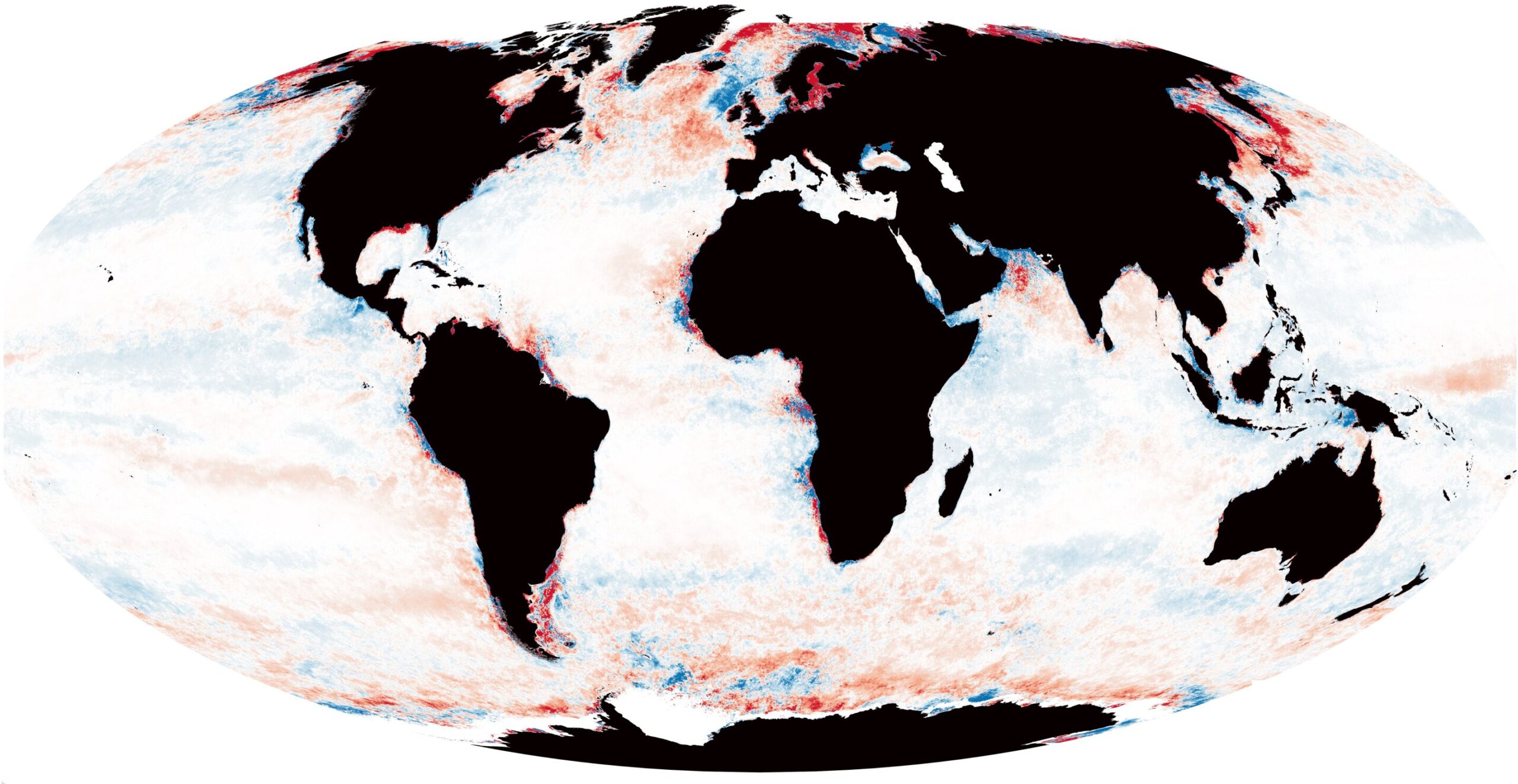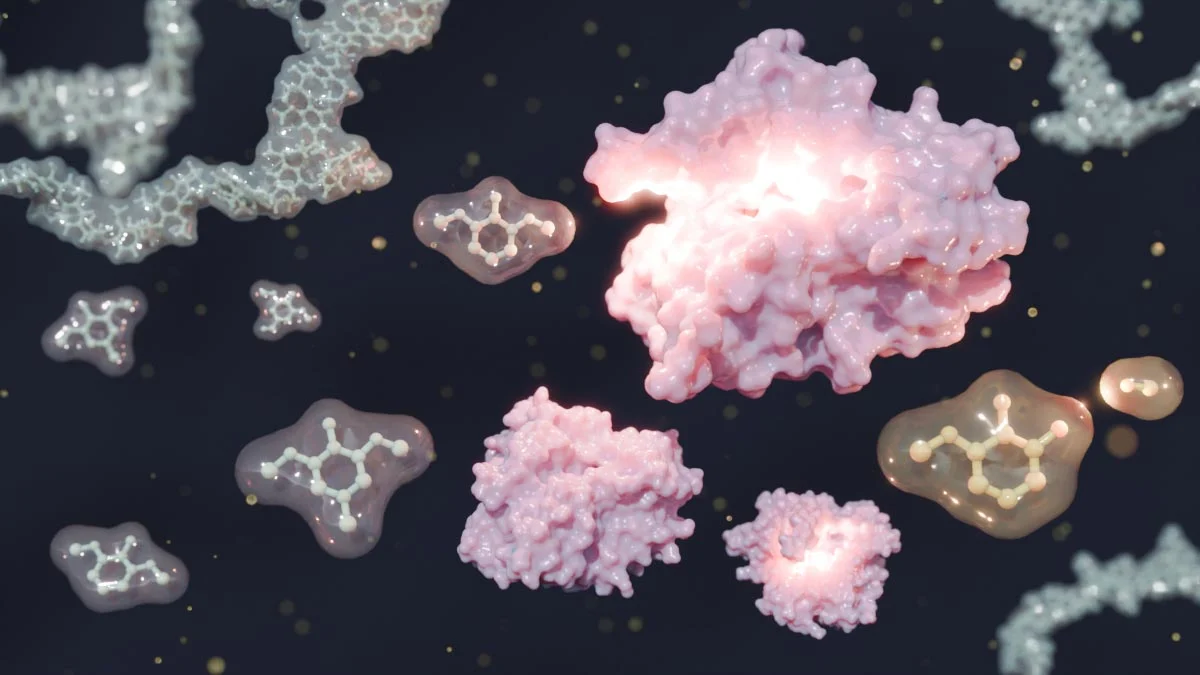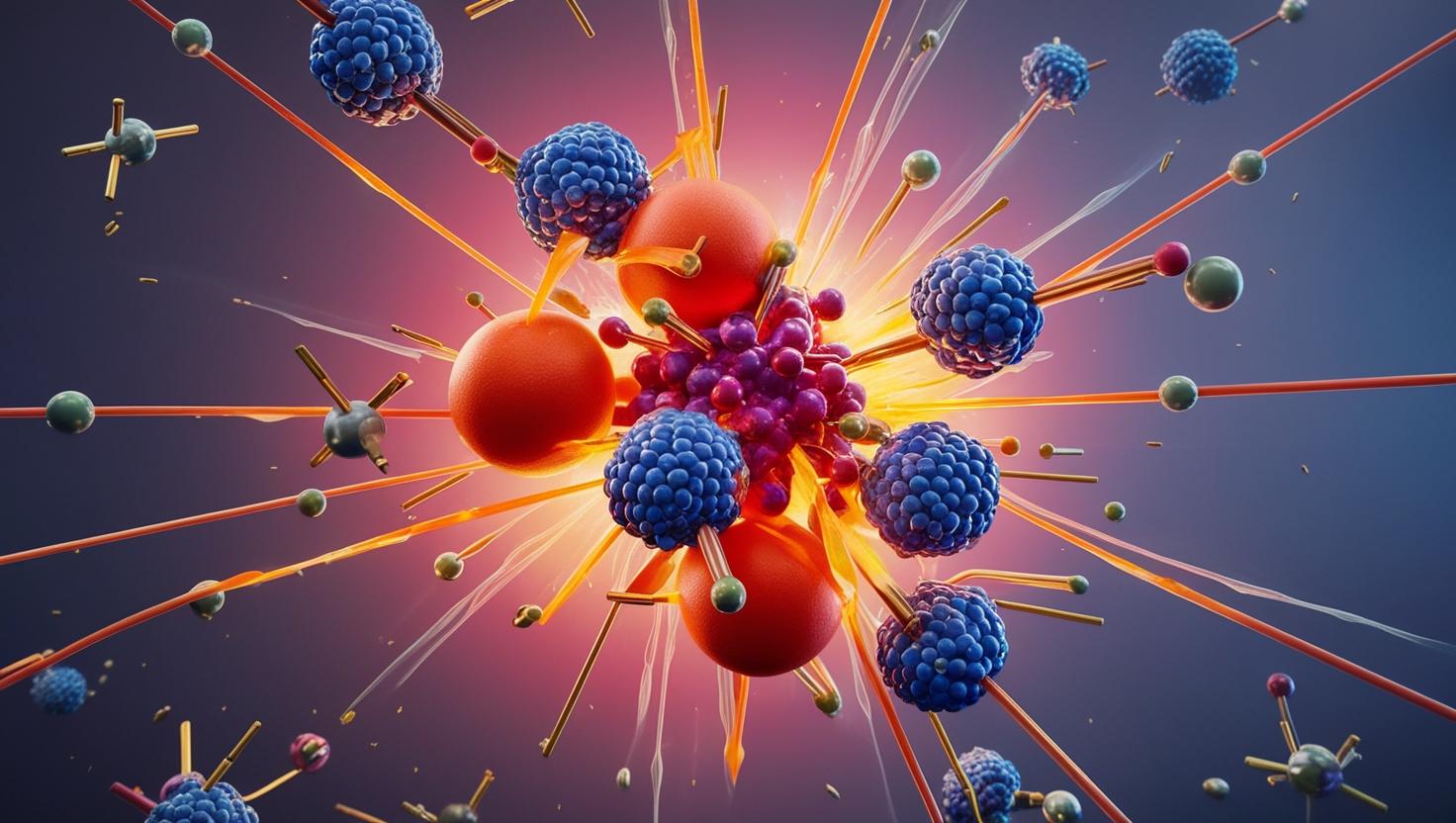A world map showing changes in global photic zones between 2003 and 2022. Reds indicate regions where the oceans are getting darker, while blues indicate regions where oceans are getting lighter and white indicates regions where there was no statistically significant change over the period. Credit: University of Plymouth
A Planetary Shift in Ocean Light
In a groundbreaking study, scientists have discovered that more than one-fifth of the global ocean has darkened over the past two decades, significantly impacting the sunlit upper layers known as photic zones. These zones are crucial for marine life, supporting photosynthetic organisms like phytoplankton, which form the foundation of oceanic food webs and contribute nearly half of Earth’s oxygen.
The Shrinking Sunlit Layer
Between 2003 and 2022, researchers observed that approximately 21% of the ocean experienced reduced light penetration. In about 9% of these areas, the photic zone became 50 meters shallower, and in 2.6%, it shrank by over 100 meters. This contraction forces marine species to inhabit narrower surface layers, disrupting feeding, mating, and migration patterns.
Causes Behind the Darkness
Several factors contribute to this phenomenon:
- Coastal Nutrient Runoff: Agricultural activities and increased rainfall wash nutrients and sediments into the ocean, reducing water clarity.
- Algal Bloom Dynamics: Changes in phytoplankton communities can alter light absorption, affecting the ocean’s color and transparency.
- Climate-Induced Ocean Changes: Warming temperatures and shifting currents influence the distribution of light-absorbing particles in the water.
These elements collectively diminish the depth and quality of light in marine environments, posing challenges for organisms reliant on sunlight.
Implications for Marine Life and Humans
The darkening of oceans has profound effects
- Ecosystem Disruption: Reduced light hampers photosynthesis in phytoplankton, affecting the entire marine food chain.
- Oxygen Production Decline: With phytoplankton compromised, the ocean’s role in oxygen generation and carbon dioxide absorption diminishes.
- Fisheries at Risk: Changes in marine habitats can lead to decreased fish populations, impacting global food security.
Understanding and mitigating these effects are vital for maintaining ocean health and, by extension, the planet’s well-being.
A Glimmer of Light
Interestingly, the study also found that about 10% of the ocean has become lighter over the same period. However, the reasons behind this brightening remain unclear and warrant further investigation.
More information: Thomas W. Davies et al, Darkening of the Global Ocean, Global Change Biology (2025). DOI: 10.1111/gcb.70227
What Lies Ahead?
As we grapple with the consequences of ocean darkening, it’s essential to consider
- How will continued climate change influence oceanic light levels?
- What adaptive strategies can marine species employ in response to these changes?
- How can human interventions mitigate the negative impacts on marine ecosystems?
Curious to learn more about the ocean’s changing face? Dive into the full study and explore the depths of this pressing issue. Stay informed with Daily science news 2025, environmental issues 2025, and new science research 2025 on DailySciTech.com—your source for popular science articles and sci news updates today.










